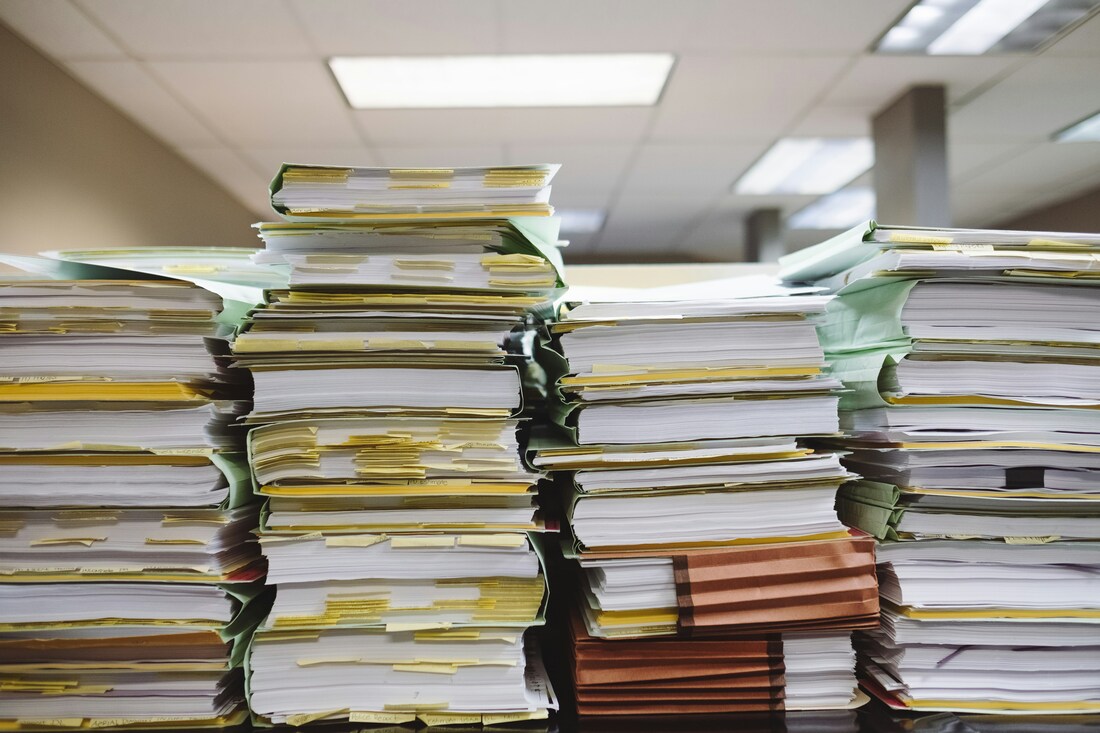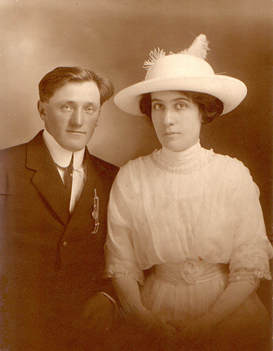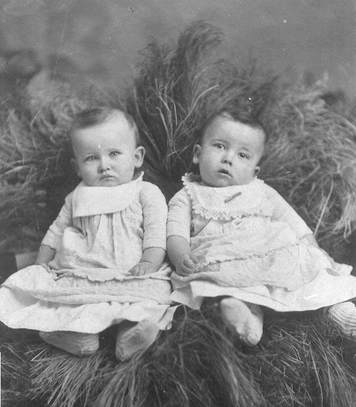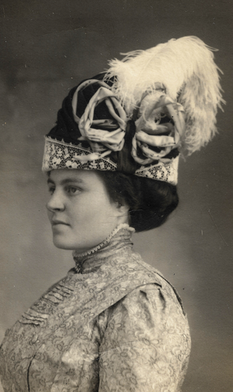 Photo by Wesley Tingey on Unsplash I have been going through old financial records and papers this week to prepare for a shredding opportunity. Whew! It made me think about all the genealogical and family history documents, artifacts, and digital items that I’ve collected and discovered over the years. Another “whew”! It’s a lot of stuff. And how can I best organize this information for myself and eventually pass it on to others? Let’s look. Well first I will make a disclaimer. I do not have all the answers regarding this but I can share some things that have worked for me as well as good books and sites with ideas.
Label and add notes. I have found that it helps to label the files or boxes that I have organized AND write an additional note that tells me what items are there, what I’ve done and what needs to happen next. I know that sounds simple but when you are working on a number of family branches, it is easy to lose track of those activities when next you return to that particular branch. Digitize those documents and pictures. Once you’ve done that, make sure that you label the files and organize the information in the correct family fold. If you manage your research by Family Surname with subfolders for each generation or each child within a generation, you’ll be able to easily find the information. Search works too but unless you remember the exact name of the file, you might not get the search results you hope for. Paper, paper, paper… I am still a paper girl. Having started my research prior to all the computer options available to us today—online and on device—I still prefer a paper copy to analyze and transcribe. However, I make sure that I have a digital backup. And…this is the part that I’m still working on…when I am done with my analysis and transcription, I should consider shredding the copy. Of course, I would not do that with an original document or one that isn’t easily accessible online. Examples of things I would keep are birth and death records and land records that I’ve requested or original letters and documents. However, if I have a digital copy of a census record, I don’t necessarily need to keep a paper copy—especially since today, you could always find the census record on any of the major sites. There are many books, videos and sites that have ideas on how to organize your genealogy. Organizing Your Files • FamilySearch 5 Systems for Organizing Genealogy Paper Files (familyhistoryfanatics.com) Get Organized Now - Organizing Tips, Ideas, Challenges, and More (While this is not specific to genealogy, it is a great site for recommendations, lists and actions to stay organized.) Organizing Your Genealogy Files: A Practical Approach | Amy Johnson Crow https://thegenealogyguide.com/how-to-organize-genealogy-data Creating Family Archives: A Step-by-Step Guide to Saving Your Memories for Future Generations by Margot Note While I haven’t read this book yet, it has received high ratings and looks promising as a guide for organizing. There are many more that you can explore on your own. The most important thing is to get started. And rather than thinking that you need to spend an entire day organizing, challenge yourself to spend 15 minutes a day. Have fun organizing and exploring your genealogical research!
0 Comments
Leave a Reply. |
AuthorWith a lifelong passion for genealogy and history, the author enjoys the opportunity to share genealogy tidbits, inspiring others to research and write their family story. Archives
July 2024
Categories |



 RSS Feed
RSS Feed